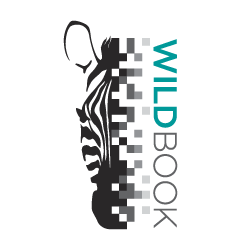Wildbook® is an open source software framework to support mark-recapture, molecular ecology, and social ecology studies. The biological and statistical communities already support a number of excellent tools, such as Program MARK,GenAlEx, and SOCPROG for use in analyzing wildlife data. Wildbook is a complementary software application that:
-provides a scalable and collaborative platform for intelligent wildlife data storage and management, including advanced, consolidated searching
-provides an easy-to-use software suite of functionality that can be extended to meet the needs of wildlife projects, especially where individual identification is used
-provides an API to support the easy export of data to cross-disciplinary analysis applications (e.g., GenePop ) and other software (e.g., Google Earth)
-provides a platform that supports the exposure of data in biodiversity databases (e.g., GBIF and OBIS)
-provides a platform for animal biometrics that supports easy data access and facilitates matching application deployment for multiple species

Please see Wildbook.org for documentation and support. Support resources include:
Wildbook started as a collaborative software platform for globally-coordinated whale shark (Rhincodon typus ) research as deployed in the Wildbook for Whale Sharks (http://www.whaleshark.org). After many requests to use our software outside of whale shark research, it is now an open source, community-maintained standard for mark-recapture studies. Wildbook is a registered trademark of Wild Me, a 501(c)(3) non-profit organization.
Wildbook is a registered trademark of Wild Me, a 501(c)(3) non-profit organization.
